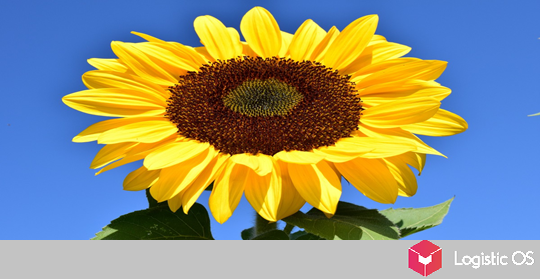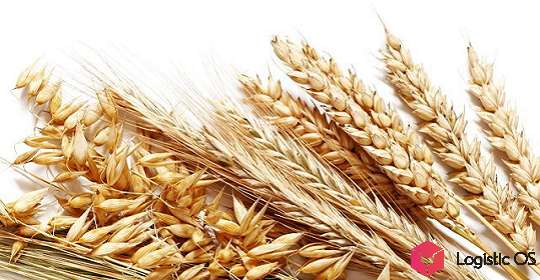Producers of flour and meat came up with a new proposal to the Government of the Russian Federation.
Russian grain exporters took the news that from February 1 to June 30, 2021, the Ministry of Agriculture is introducing a quota for the export of grain (rye, wheat, barley, corn) at the level of 15 million tons.
However, it may turn out that this is not the only restrictive measure.
Producers of flour, as well as meat, sent a request to Russian Prime Minister Mikhail Mishustin to introduce duties on grain exports.
This request was signed by Askond (association of confectioners), the Russian flour association and a number of other organizations.
The reason is very simple — rising prices. Today, a ton of wheat costs about 17,000 rubles, which is a record high.
In just a year, wheat has risen in price by 30-50%. Flour and bakery producers and breeders are concerned about how they will be able to work if the price continues to rise — or even stay at this level.
At the same time, there has been no duty on the export of grain to the Russian Federation for a long time. It operated in 2015 and amounted to 50% of the customs value minus 6500 rubles per ton. However, from 2016 to the present, there is no duty.
Millers, pastry chefs and livestock breeders believe that quota alone will not be an effective measure to lower the price of wheat. If only because, having learned about the introduction of the quota in February, exporters are in a hurry to sell as much as possible. But a floating duty could have saved the situation.
Why are exporters asking not to impose a duty?
Against the background of all this, Russian grain exporters prepared their own appeal to Mishustin and explained why imposing a duty is by no means necessary. An opinion on this topic was expressed by the Head of the Union of Grain Exporters Eduard Zernin.
There are several reasons to waive the duty:
- Its introduction against the background of the already adopted quota will become an excessive measure.
- If Russian exporters slow down the pace of work, they risk losing markets. Australia, Argentina, Canada, the United States are “stepping on the heels” and only dream of Russia making room for their products in the market.
- 2020 as a whole has become a problematic year for agriculture around the world. The harvest in many countries, for example in Ukraine, is much worse than last year, and the coronavirus pandemic stimulates many countries to make food supplies. If in such a situation Russia begins to supply less grain, the deficit in the world market will increase and prices will rise. That is, the effect is exactly the opposite of the desired one.
And this is not to mention the fact that Russian agricultural producers will find themselves in a difficult situation, since their profits will decrease if the duty is imposed. And the duty, as well as other risks, will actually have to be included in prices.

How to «reconcile» exporters and millers and what to do with the growing price of grain, the Russian government has not yet decided.
However, experts believe that the parallel introduction of two restrictive measures at once is still unlikely. Rather, export quotas can be expected to be revised and set at a compromise level.

